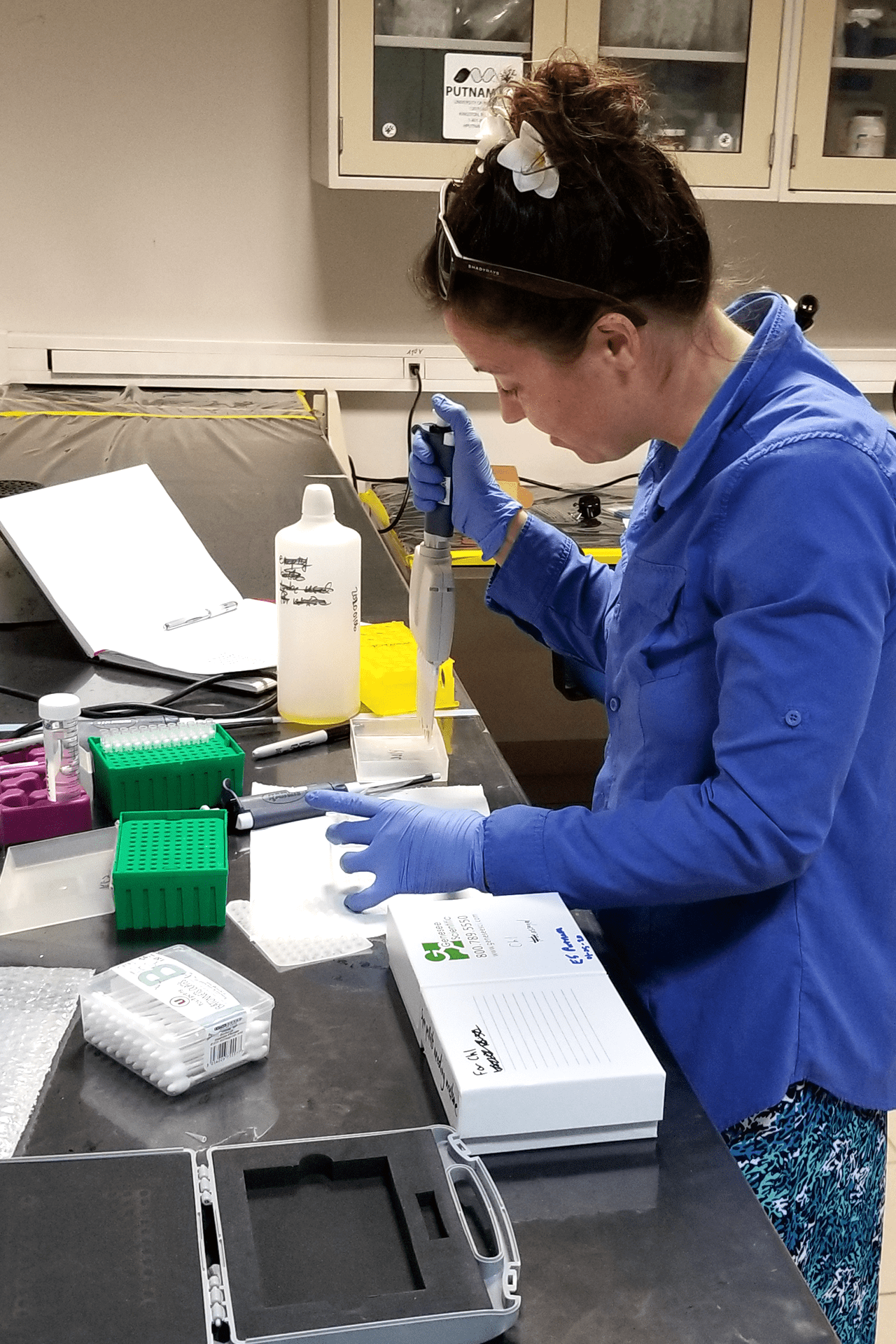Dr. Putnam started at the University of Rhode Island in 2016 after 8 years at the Hawaiʻi Institute of Marine Biology. Her research and academic goals are focused on the acclimatization and adaptation of marine invertebrates and working and training based on rigorous, transparent, and reproducible scientific approaches.
With over 55 publications and 2,800 citations, Dr. Putnam has pioneered work on cross-generational acclimatization and epigenetics.
She has been working on the coral reefs of Mo’orea since 2005. Dr. Putnam specializes in coral reproduction, environmental stress tolerance, and linking biological responses across complex life cycles using molecular and eco-physiological approaches.
Within E5 Coral, Putnam Lab focuses on ecology, and epigenetics.
Work in the lab is focused broadly on physiological ecology and epigenetic processes. We strive to understand how the immediate abiotic environment and biotic
interactions drive organism phenotype, ecological patterning, and evolutionary processes through the interaction of symbiosis, genetics, and epigenetics.
Putnam Lab Working at E5 Coral
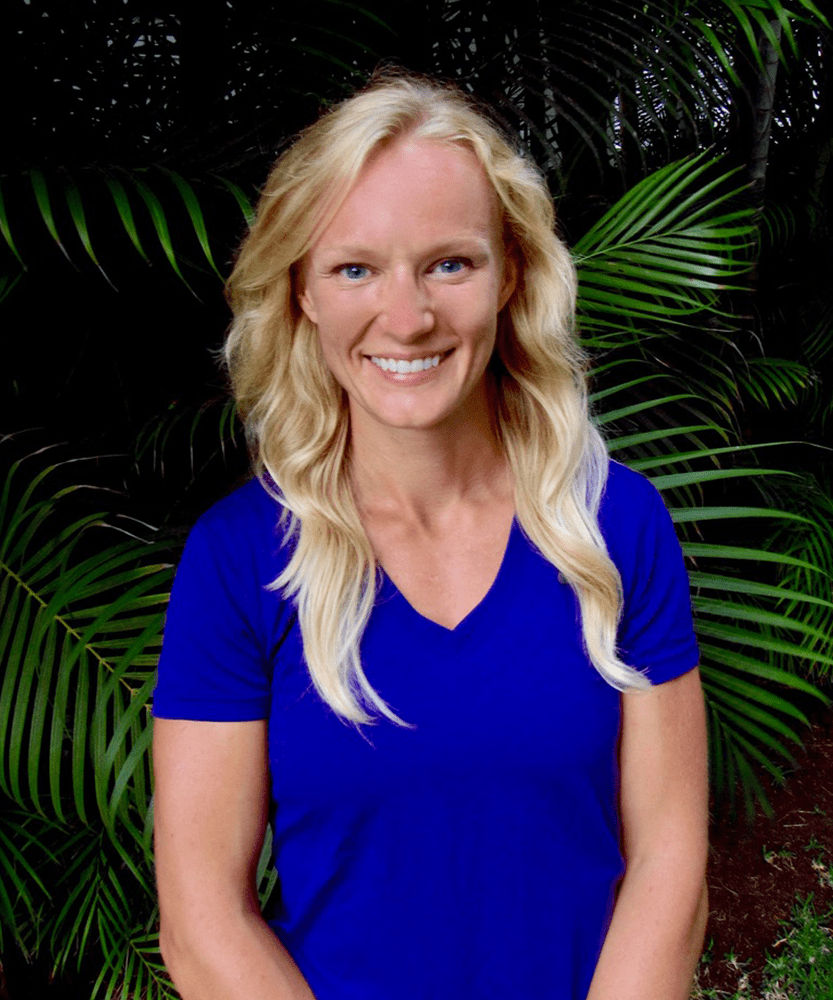
Dr. Ariana Huffmyer
Energetics, phenotypic plasticity, larval ecophysiology.
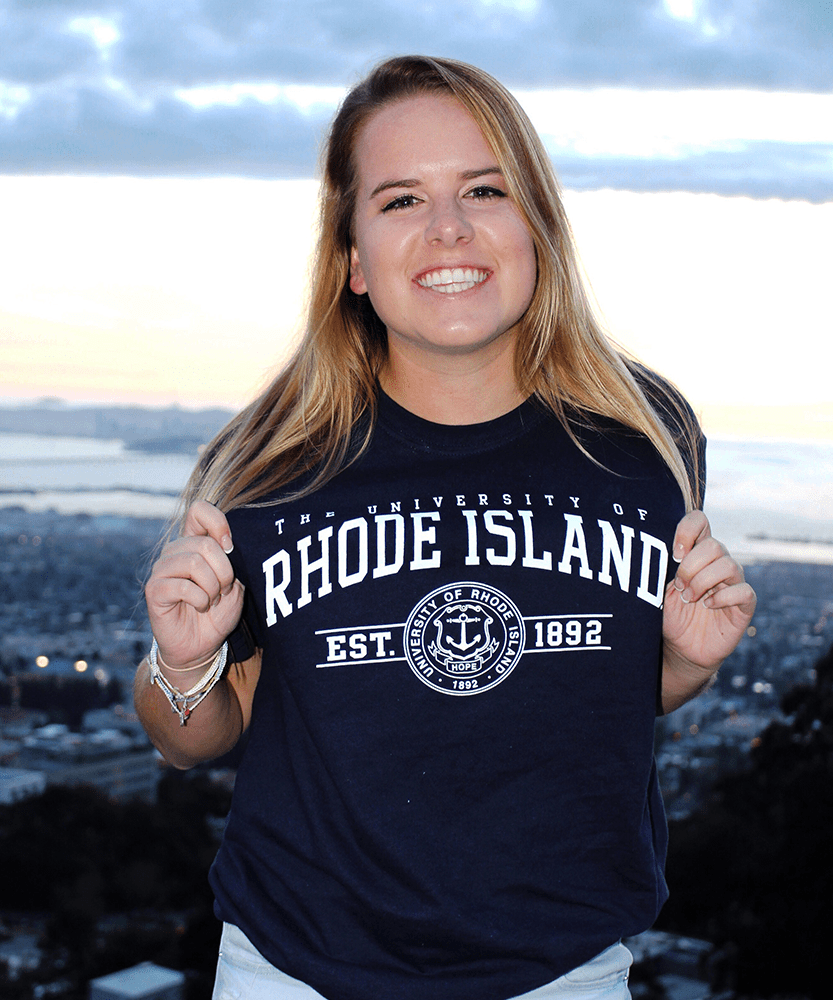
Emma Strand
Coral epigenetics, stress responses, restoration, global change.
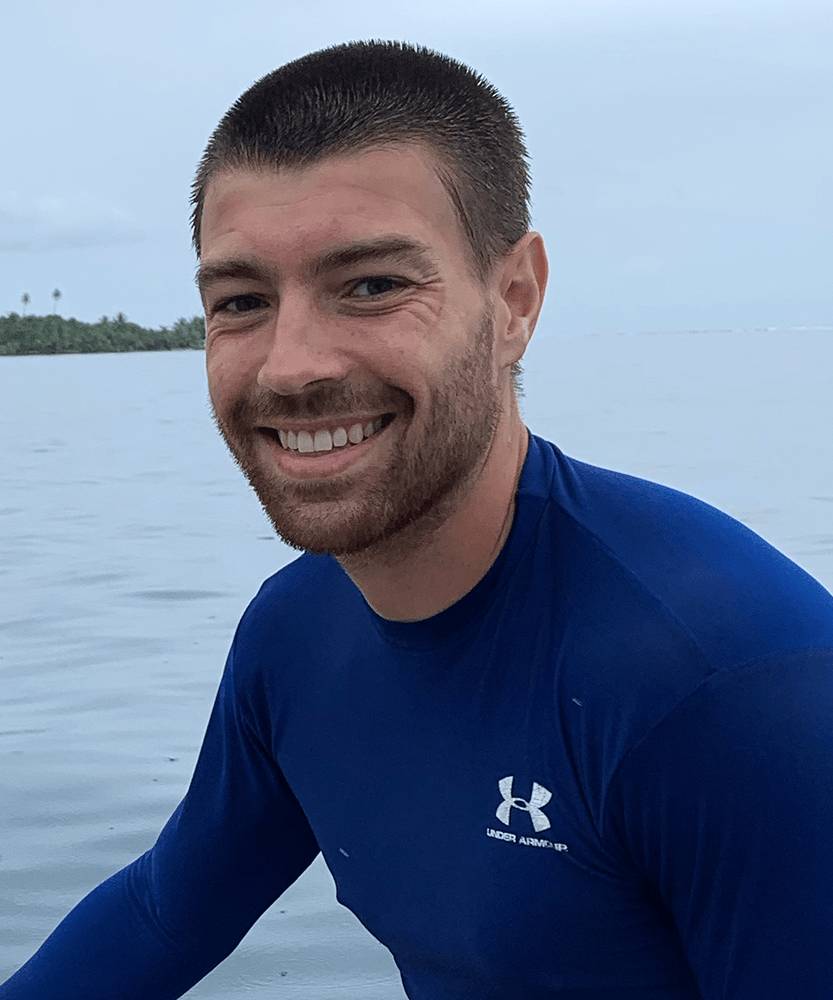
Dennis Conetta
Coral epigenetics, stress responses, restoration, coral spawning.
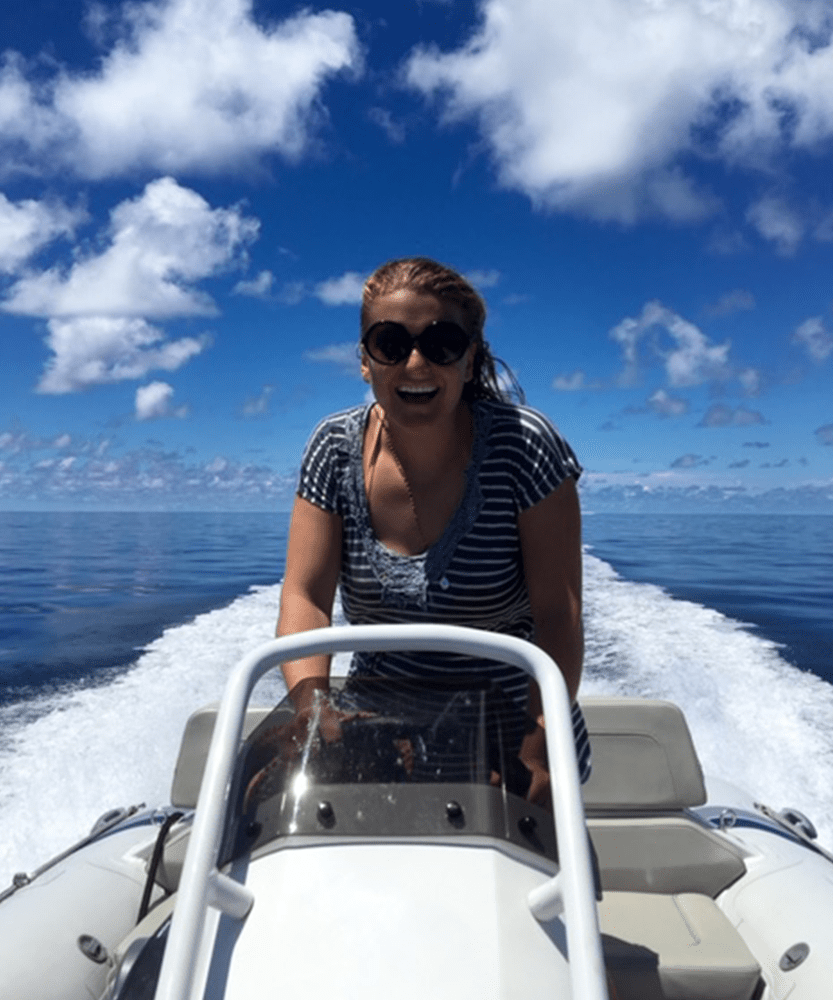
Danielle Becker
Coral epigenetics, stress responses, thermal performance, global change.
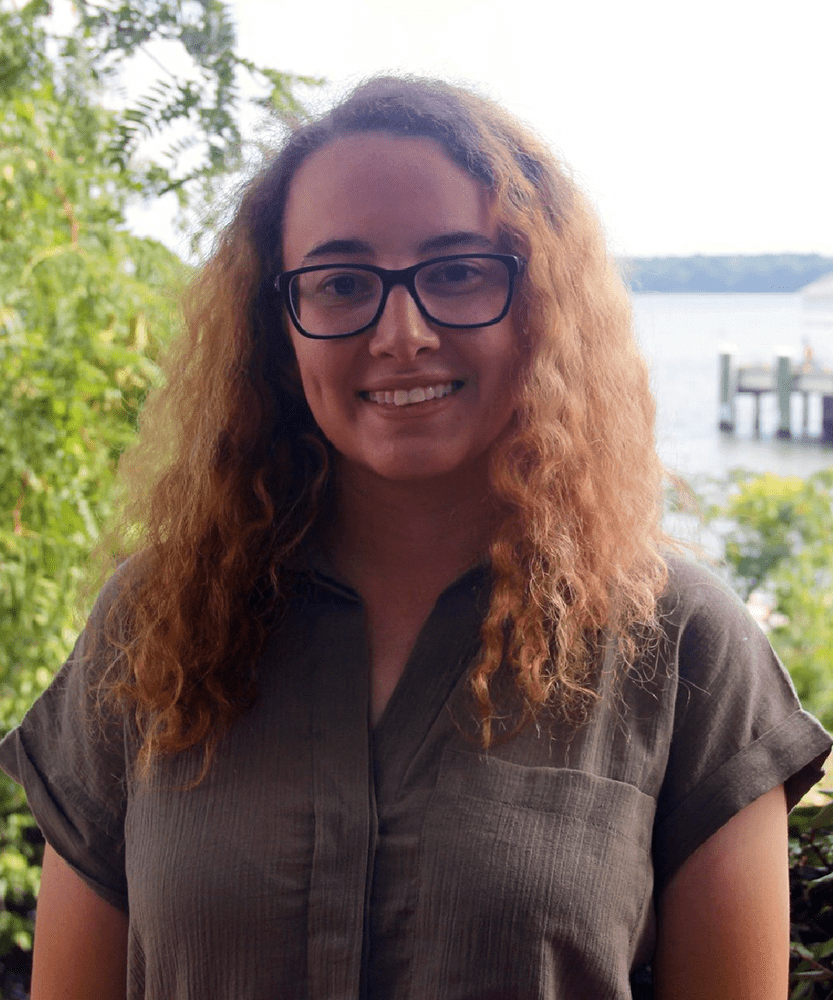
Jill Ashey
Coral epigenetics, stress responses, global change.
Putnam Lab focuses on eco-physiology and environmental epigenetics of marine invertebrates.
Dr. Putnam’s lab studies scleractinian, or reef-building corals, and other calcifying marine invertebrates. These organisms provide the foundation of ecosystems and fisheries and are ideal study systems to focus on biological response within the context of local environmental stress and a changing climate.
